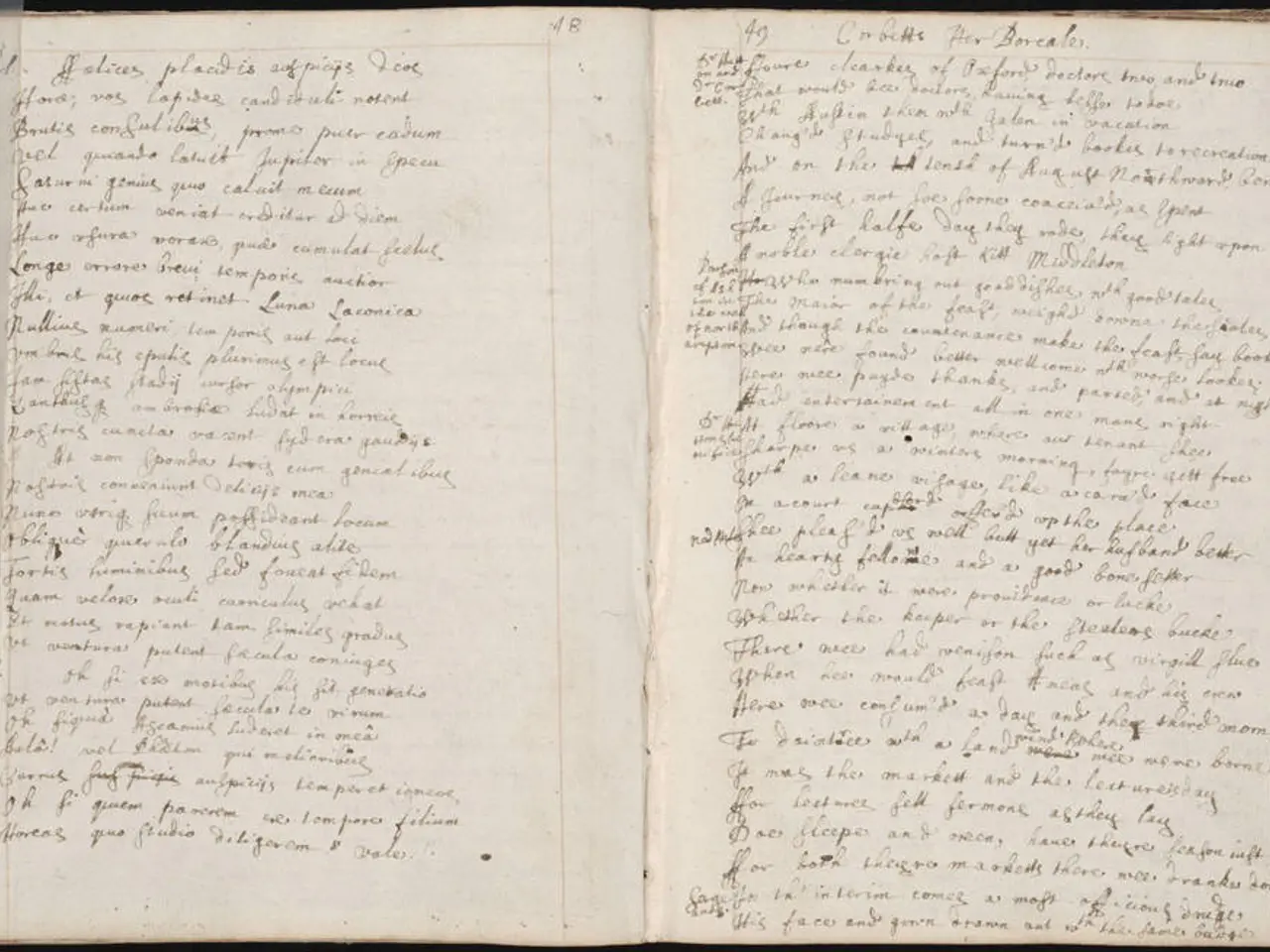Maintain Your Firmness While Allowing Flexibility for Others. Hold Fast to Your Position.
In the annals of Roman history, a select few individuals have been immortalised for their commitment to Stoic philosophy and their unwavering ethical principles. Among these are Thrasea Paetus, Cato the Younger, and Helvidius Priscus, whose lives and actions serve as a testament to resilience, integrity, and the willingness to sacrifice for one's beliefs.
**Thrasea Paetus**, a Roman Stoic philosopher and statesman, stood firm against the tyranny of Emperor Nero. As a prominent figure in the Stoic opposition to Nero's rule, Thrasea refused to participate in imperial ceremonies that went against his ethical principles. His steadfastness eventually led to his forced suicide in 66 AD. Thrasea's commitment to Stoic ideals and his ultimate sacrifice have made him a significant figure in Stoic history.
**Cato the Younger** (95-44 BC) was a Roman statesman and philosopher who embodied Stoicism. Known for his unyielding commitment to the principles of liberty, Cato opposed Julius Caesar's rise to power. After Caesar's victory at the Battle of Thapsus, Cato chose death over living under Caesar's rule, symbolising the Stoic ideals of courage and adherence to principle.
**Helvidius Priscus** was another Stoic philosopher who lived during the late 1st century AD. He was a prominent figure in the Stoic opposition to the Roman Empire, particularly against the emperors Nero and Vespasian. Helvidius was known for his integrity and his refusal to compromise his values, even in the face of political danger. His principled stance led to his execution by order of Vespasian, further solidifying his legacy as a Stoic martyr.
While Seneca and Cicero were influential figures in Roman philosophy, Thrasea, Cato, and Helvidius are distinct in their ultimate sacrifices for their beliefs. Seneca, a Stoic philosopher and tutor to Nero, had a complex life that included both philosophical writings and political involvement. He was eventually forced to commit suicide by Nero. Cicero, though a key figure in Roman philosophy, was more of an eclectic philosopher who was influenced by, but not exclusively a Stoic.
Thrasea, Cato, and Helvidius are significant because they embodied the Stoic ideals of resilience, integrity, and the willingness to sacrifice personal life for ethical principles in a more extreme manner than Seneca and Cicero. Their actions serve as powerful examples of living by Stoic principles at all costs, which has made them enduring symbols of Stoicism's emphasis on moral courage and commitment.
The world, it seems, needs more individuals like Thrasea, Cato, and Helvidius - people who call a spade a spade, who speak truth to power, and who do not live by lies. While some politicians may find themselves in situations that require compromises, the onus on most people is to be a good person and speak the truth as they see it, not to make backroom compromises or keep quiet until a critical future moment. Marcus Aurelius, another Stoic, reminded us in his book Meditations that we should strive to be good people and speak the truth, no matter the circumstances.
As we navigate our modern world, it is crucial to remember the lessons from the past and strive to embody the qualities of these courageous Stoics. The world needs more people who stand up for what is right, rather than compromising to maintain their position. The sacrifices made by Thrasea, Cato, and Helvidius serve as a reminder that sometimes, doing the right thing requires courage, integrity, and resilience.
In the context of education-and-self-development and personal-growth, the lives and actions of Thrasea Paetus, Cato the Younger, and Helvidius Priscus serve as valuable examples of career-development, demonstrating the importance of unwavering ethical principles and sacrifices in pursuit of one's beliefs, even in the face of political danger. This story also highlights the relevance of general-news, as we continue to learn from history and strive to embody the qualities of these courageous Stoics in our modern world.




